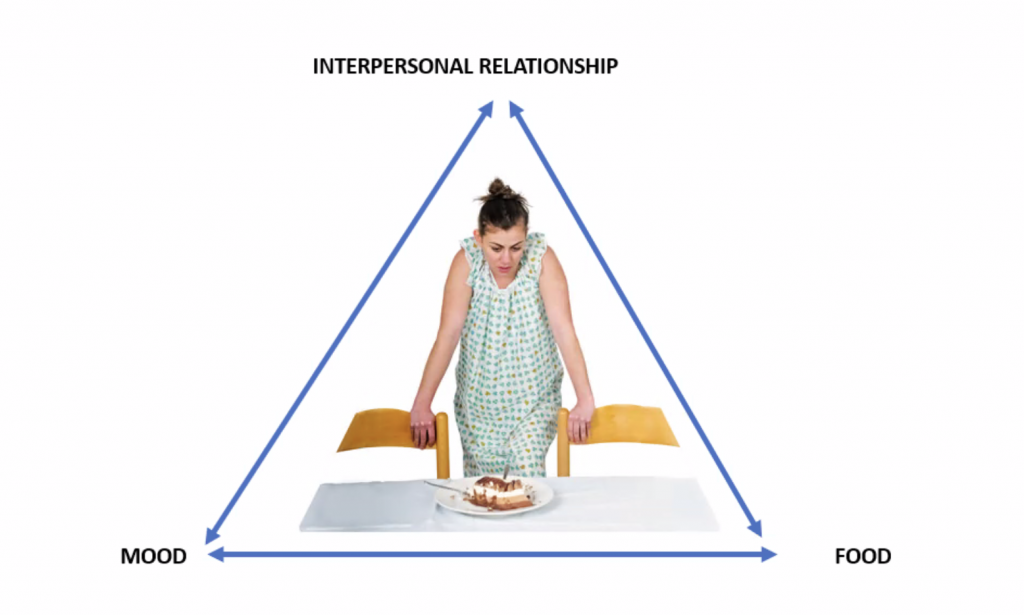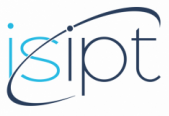For about a year, ISIPT has been successively developing several interest groups in different areas/populations, so-called SIGs (Special Interest Groups). At the moment there are these following SIGs, which have gatherings of varying extent;
Emerging Adulthood and College-aged Students
This SIG addresses an important population with whom many in the IPT community have been working quite fruitfully over the years, made up of individuals undergoing a major life transition in very volatile world, and facing unique issues of identity formation, educational and career choices, separation from families of origin, and establishment of new relationship networks.
College students, and young adults in general (roughly ages 18-29), are typically undergoing the developmental stage referred to as Emerging Adulthood (Arnett, 2000). This age range straddles the evidence-based work of IPT-A and IPT. How does one adapt our model to best serve this age group? How do we work with this group cross-culturally? Also, given that depression in this target age group is often co-morbid with anxiety disorders, how are researchers and clinicians addressing this multiplicity of symptoms?
The hope for this SIG is that it will serve as a meeting place for those specifically interested in this population: IPT clinicians, teachers/trainers, and researchers are welcome to join.
The first meeting will be Friday, 24 February from 10-11:30 Eastern Time.
Trauma/PTSD Special Interest Group
Interpersonal psychotherapy was developed to treat major depression, and its linkage of emotions and life circumstances has since been successfully applied to other psychiatric disorders. Posttraumatic stress disorder (PTSD) was long considered the domain of exposure therapies, but research is showing that overall non-exposure IPT works just as well for traumatized patients and may even have advantages for patients with comorbid depression or sexual traumas. Many patients (and therapists) would rather address the interpersonal consequences of trauma than have to relive a trauma narrative and face reminders of traumas they have suffered. In consequence, uptake may be higher and dropout rates may be lower for IPT than for exposure treatments. IPT is now included in PTSD treatment guidelines.
Many therapists around the globe seem interested in the adaptation of IPT for patients with PTSD. Forty ISIPT members expressed interest in this ISIPT Special Interest Group when it started meeting late in 2022. As of January, 2023, the goals of the SIG are still fluid, but there has already been lively exchange of clinical and research issues, and there’s the opportunity to discuss case dilemmas. All ISIPT members are welcome to attend!
IPT-A SIG
Interpersonal Psychotherapy for Depressed Adolescents (IPT-A) model was initially developed to treat adolescents ages 12-18 who were suffering from depression and has been demonstrated efficacious in several clinical trials by Laura Mufson, Ph.D. and colleagues. Over the past three decades IPT-A has been adapted further to be used with various pediatric populations and disorders, and to be delivered in diverse settings. This special interest group will focus both on the original IPT-A model as well other pediatric adaptations. We aim to create a community of clinicians, teachers/trainers, policymakers, and researchers around the world to gain knowledge from others and advance IPT-A dissemination and practice. We welcome all interested parties including students, private practitioners, clinicians, supervisors, trainers, policymakers, teaching faculty, and researchers.
Our initial goals include but are not limited to:
1) networking to learn what is happening around the world with IPT for children, adolescents and young adults in research and teaching in academic centers as well as training and implementation in diverse clinical settings.
2) brainstorming various strategies for training the next generation of IPT-A therapists, supervisors, trainers, and researchers
3) collaborating on training, supervision, and research projects
4) expanding international opportunities for students and professionals to receive high quality training and supervision on IPT-A protocols that will position clinician trainees to meet requirements for ISIPT certification.
We are currently meeting quarterly and welcome both novice and experienced IPT practitioners and researchers. The SIG is in the process of reviewing various offerings and will post updates here.
Perinatal IPT SIG
The perinatal IPT group has 56 members from at least 10 different countries. The group was formed in Dec. 2022. Our program this year includes bi-weekly peer supervision meetings hosted by Vivan Polak. and expert presentations on alternate weeks. All of our presenters in 2022-2023 are members of the perinatal IPT group. Previous presenters included:
Paula Ravitz who compared IPT to Behavioral Activation for treatment of perinatal depression.
Rosylin Law who presented mentalization in IPT for perinatal disorders.
Kathryn Bleiberg who discussed Perinatal Loss.
Our next presentation will take place on Thurs. March 2nd. 9:00am est (New York time). Shannon Lenze will present on Dyadic IPT.
On May 5th at 9:30 am est (New York time) we will host our last presentation for this academic year Holly Swartz and Danielle Novick will present onIPSRT for perinatal women.
IPSRT SIG
IPSRT is a hybrid treatment of IPT plus a behavioral intervention, social rhythm therapy (SRT). In IPSRT, the clinician helps the individual learn about bipolar disorder, identify and manage symptoms, link mood to life events, mourn the loss of the healthy self, resolve a primary interpersonal problem area, maintain regular daily rhythms, and predict and problem-solve potential precipitants of changes in daily patterns. IPSRT has demonstrated efficacy in numerous clinical trials. IPSRT is an effective monotherapy or adjunctive treatment to medication, as well as an early intervention strategy.
We invite all experienced and inexperienced IPSRT clinical providers and researchers, as well as providers and researchers with specialty experience and interests in bipolar, schizophrenia-spectrum, and difficult-to-treat depressive disorders. Members include the lead developer of IPSRT, Ellen Frank, as well as prolific IPSRT researcher and clinician, Holly Swartz. We plan to explore ideas traversing professional development, supervision and training, clinical delivery, and research. One priorities include developing IPSRT Certification criteria. We meet bi-monthly, the third Wednesday of the month at 4PM Eastern time (New York time). Upcoming meetings are scheduled for 15 Mar, 17 May, 19 July, 20 Sept,15 Nov, 2023. Email ipsrtsig@gmail.com to join.
Eating Disorders SIG
The IPT SIG for eating disorders had its first meeting in autumn 2022. The participants have different experiences of working with IPT and eating disorders; both clinicians and researchers. Meetings via Adobe Connect Pro are planned in the spring of 2023. Link to the meeting room is here: http://relatera.adobeconnect.com/sigedisipt/
We will talk about our various experiences and think that we can discuss cases and other questions regarding this topic. There are several different treatment manuals for IPT in the field of Eating Disorders. One future plan we like to talk about its differences between these and how we meet these patients in practice.
Planed meetings:
Thursday 23, February 8-9 am Eastern time (2 -3 pm Swedish time)
For further information please contact Malin Bäck relatera@me.com

